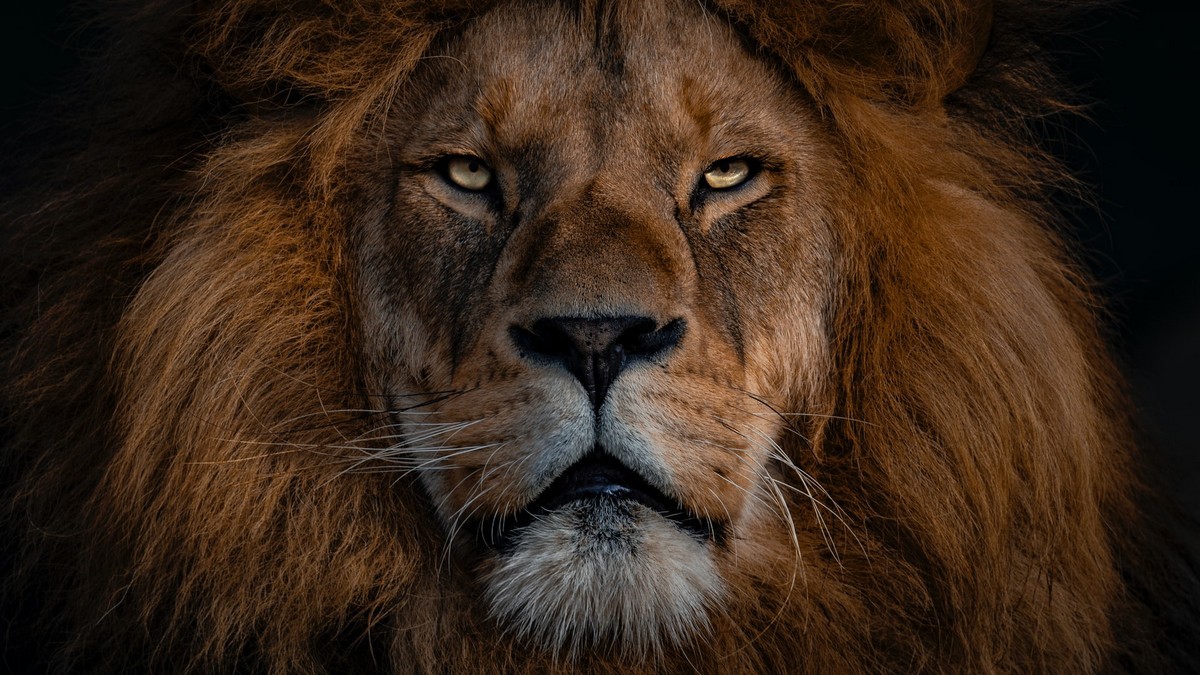
We must allow Christ to be the King of every part of our human being— mind, will, heart and body. | Ingo Stiller/Unsplash
St. Madeleine Catholic Church in High Springs recently shared a reflection on the Feast of Christ the King.
"In 1925, Pope Pius XI instituted the Feast of Christ the King to celebrate the Jubilee Year and the 1600-year anniversary of the Council of Nicaea (the first ecumenical council of the Church)," the reflection, published in the Church's Nov. 22 bulletin, stated. "In his encyclical letter 'Quas Primas,' the pope declared that the official title of the feast was to be 'Our Lord Jesus Christ the King,' and it would be celebrated on the last Sunday in October."
It was necessary, Pius believed, to proclaim the feast, given the difficulties of the time and the modernism that was starting to take root in the Church and the world.
The title of the feast was eventually changed to "Jesus Christ King of the Universe." Today, it can seem or at least sound strange to refer to a king, but we are told time and time again in the Scriptures that God is our King and that Christ is God.
Though the world looks very different than it did when Christ was on earth, we are reminded in Scripture that the kingdom of God exists and that the kingdom of heaven is at hand.
"This begs the question, how does King Jesus reign over us personally in our day-to-day lives?" the reflection asked. "Pope Pius gives us the answer in his encyclical 'Quas Primas': 'If to Christ our Lord is given all power in heaven and on earth; if all men, purchased by His precious blood, are by a new right subjected to His dominion, it must be clear that not one of our faculties is exempt from His empire. He must reign in our minds, which should assent with perfect submission and firm belief to revealed truths and to the doctrines of Christ.'"
That is to say, that we must allow Christ to be the King of every part of our human being— mind, will, heart and body.




 Alerts Sign-up
Alerts Sign-up